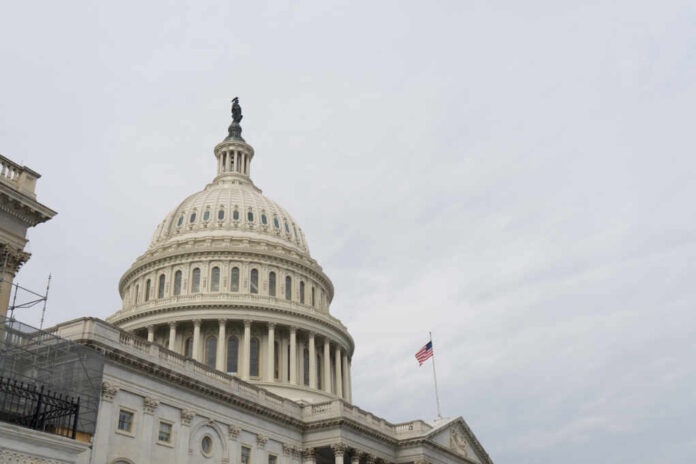
Even as the GOP has floundered in recent elections under the leadership of Party Chair Ronna Romney McDaniel — with a hoped-for “red wave” failing to materialize in 2018, 2020 or 2022 — there is substantial hope that the Party will flip control of the Senate next year. The prospects of taking at least 51 seats in the upper chamber should be much more than wishful thinking, given the nature of the seats that are up for grabs this cycle.
Roughly one-third of all Senate seats are up for new six-year terms every two years, and many of the ones up this time should be strong GOP holds, with some notable opportunities for pick-ups. Overall, Democrats are defending twice as many seats as Republicans in 2024.
Most of the seats being defended by Republican senators are ranked in polling as either “solid” or “likely” GOP holds, meaning the party can devote additional resources to mounting strong challenges to vulnerable incumbent Democrats. Reports indicate the most likely such battlegrounds will be in Arizona, Montana and Ohio.
Flipping the Senate Is Very Realistic for Republicans https://t.co/qibzPn5s2i
— Fearless45 (@Fearless45Trump) December 13, 2023
In Arizona, Sen. Kyrsten Sinema (I-AZ), who was narrowly elected in 2018 as a Democrat, has bolted from the party and has decided to seek reelection as an independent. That leads directly to a complex and impossible-to-predict three-way race.
Montana sees Sen. Jon Tester (D-MT) running for reelection in an overall red state where President Donald Trump won by comfortable margins in 2016 and 2020.
Ohio’s situation is similar to Montana, as the state has been shifting more heavily Republican since President Trump’s first election. Sen. J.D. Vance (R-OH) notably won a highly contested Senate race there in 2022.
Michigan, Nevada, Pennsylvania and Wisconsin also all have Democrat-held seats up for grabs next year. While each of those states has slightly leaned blue recently, given the current state of the Democratic Party, the GOP should be positioned to run competitive races in each. Michigan, in particular, should be a tight election as incumbent Sen. Debbie Stabenow (D-MI) has decided to retire rather than seek another six-year term.
Even though the electoral map looks favorable to the GOP, the last three election cycles serve as a potent reminder that the party does not have the luxury of taking any vote for granted. Resolving internal party strife and presenting a united front in every contested state is an essential prerequisite to fighting for election security and making direct appeals to crucial independent voters.














